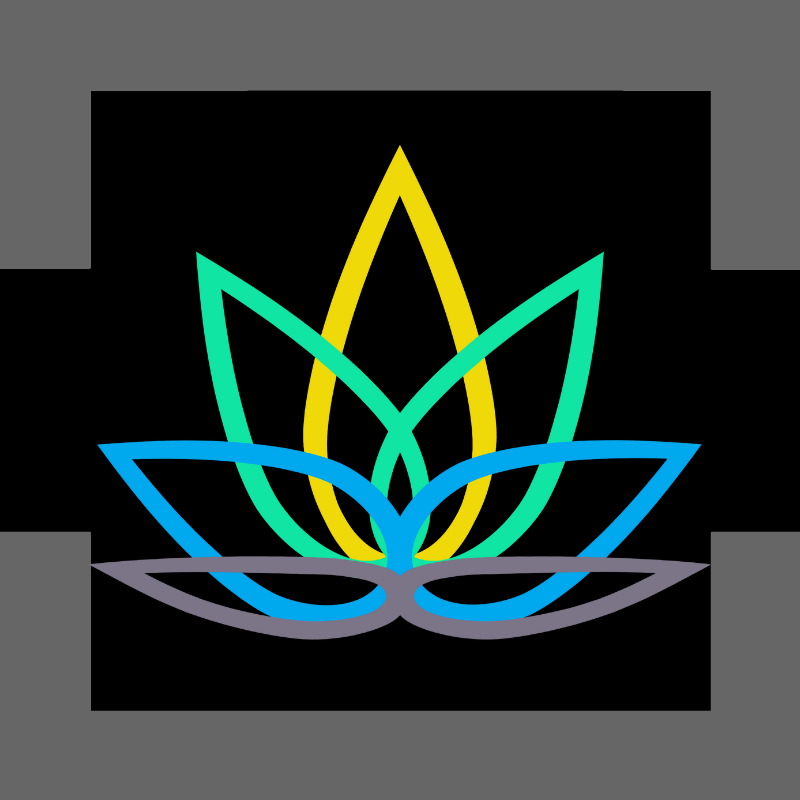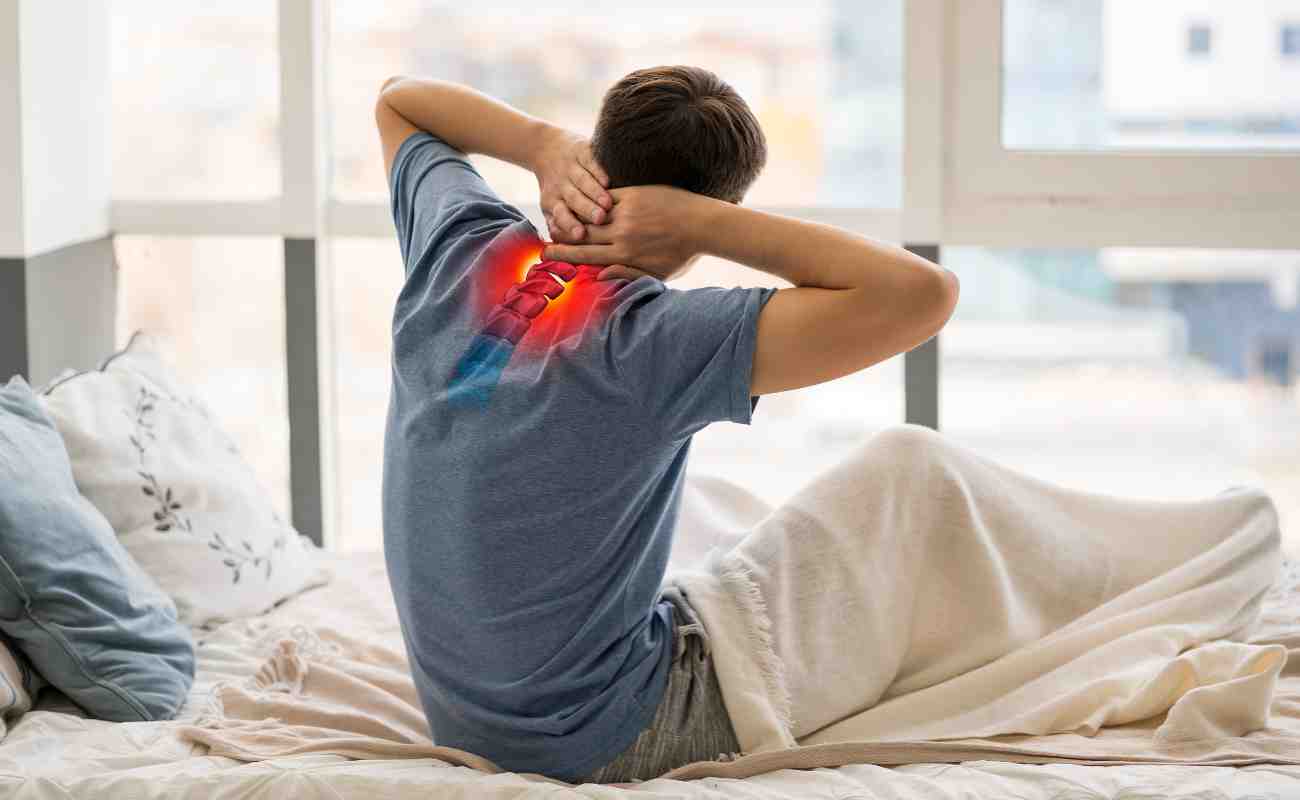Prostatitis or Prostatodynia Physiotherapy
Prostatodynia or Chronic Pelvic Pain Syndrome (CPPS) is a pelvic pain condition in men. Prostatitis Literally means ‘inflammation of the prostate’. There are two basic types of prostatitis, acute and chronic.
Acute Bacterial Prostatitis is an infection of the prostate and include chills and fever and needs your doctor attention.
The other is nonbacterial or chronic prostatitis which can be treated with alternative treatments such as Pelvic physiotherapy, exercises, lifestyle modifications etc. Investigations for bacteria and yeast are negative. Physical examination does not usually show anything unusual, although the prostate may be swollen. What can make the problem even more confusing is that often young, otherwise healthy men develop this condition. Antibiotics, pain-killers, and medications prescribed are often not effective. Many men have been told that they must learn to live with the symptoms because a cure is not available.
Prostatitis Symptoms may include a few or all of the following:
- Pain in the testicles, or tip, shaft or base of the penis
- Pain at the perineum (the area between the testicles and penis)
- Pain on urination
- Increased pain in sitting
- Pain or discomfort with sexual arousal, or during or after ejaculation
- Pain or discomfort above the pubic bone
- Urinary frequency
- Urinary urgency
- Pain before, during or after a bowel movement
- Decreased interest in sex
Prostatitis or CPPS Treatment
The therapist will work with a patient to create an individualized treatment program based on the patient’s pelvic floor dysfunction, symptoms, and how they respond to the treatments. The following treatment programs and techniques may involve in pelvic physiotherapy for prostatitis:
Trigger point release therapy, also known as myofascial trigger point release, is an alternative treatment for chronic prostatitis. It is often helpful for treating CP/CPPS symptoms that are associated with stress and tension of the pelvic floor muscles. Trigger point release therapy is often combined with paradoxical relaxation therapy. This exercise method involves autonomic self-regulation to decrease pelvic floor muscle tension and teach the patient how to release his tension. Paradoxical relaxation involves a specific breathing technique to help relieve anxiety.
Total body (exercise, chronic stress management, lifestyle) changes can help in relieving pain. It is important to know which foods can exacerbate symptoms and avoid those foods. The most common foods that have been found to trigger prostatitis symptoms include:
- Spicy foods
- Hot peppers
- Alcoholic beverages
- Acidic foods
- Wheat
- Gluten
- Caffeine
Immediate Help through Physiotherapy for Prostatis:
Have you been experiencing aching pain in the prostrate area? Having unexplained chills and prostatis symptoms? Increased pain while sitting?
Searching for “Physiotherapy Clinic Mississauga” or “Physiotherapy Clinic Oakville” that can help with chronic pain during urination?
At our Physiotherapy Clinics in Mississauga Ontario and Oakville Ontario, our expert therapists aim to improve pelvic strength and flexibility through targeted pelvic joint stretches, customized pelvic pain exercises and lower back stretches to relieve pelvic pain. If you are looking for the best physiotherapy NEAR ME or Physiotherapy in Heartland, Burloak or Erin Mills areas to learn the exercises to eliminate prostatis pain, look no further! We aim to be YOUR best physio clinic in Mississauga and Oakville areas, and are here and ready to teach you the best exercises for prostatis pain.
We welcome you to call us or click below to book an appointment with one of our expert physiotherapists to let us immediately start assisting you in your road to recovery.
Prostatis Support, Mississauga:
Physiotherapy Clinic Mississauga – Curezone Physiotherapy, Heartland Mississauga.
Physiotherapy Clinic Erin Mills – Curezone Physiotherapy, Erin Mills Mississauga.
Prostatis Support, Oakville:
Physiotherapy Clinic Oakville – Curezone Physiotherapy, Burloak Oakville.





